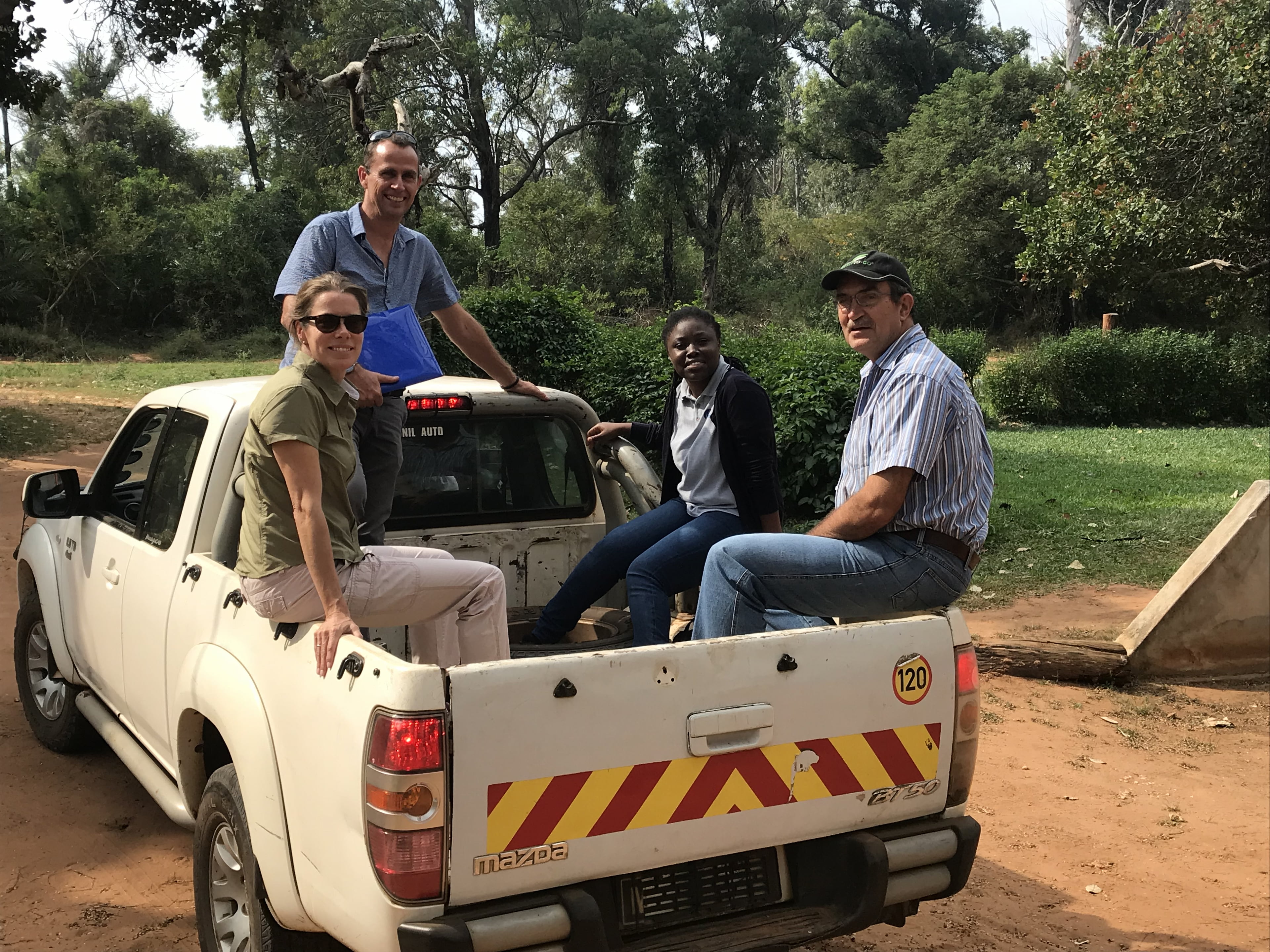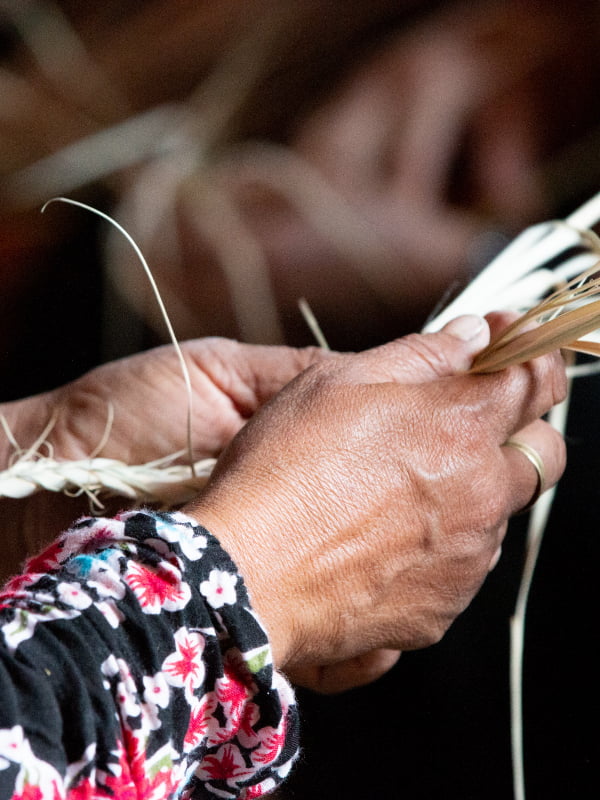Groundwater in Mozambique: Invisible But Vital
Groundwater should be available in every country. But this is not the case in the province of Inhambane, in the east of Mozambique. There are very few rivers, and rainfall is unpredictable. Dunea, a Dutch drinking-water company, collaborated with partners such as Wetterskip Fryslân to improve access to groundwater. Floor Grevink, project manager at Dunea, explains why groundwater is vital in Inhambane.

Water-rich countries like the Netherlands use canals and pumping stations to irrigate drier stretches of land. These systems are limited in the Mozambique project area, making people more dependent on rainwater. The rainwater sinks into the ground and slowly replenishes groundwater levels. Floor explains, "This water is easily polluted or becomes salty as the area is close to the ocean, making it unusable for agriculture and drinking water. With more knowledge of the groundwater system, we can prevent groundwater-related problems like pollution and salinisation in the project area."
Collecting data
Water-management company ARA-SUL currently manages the groundwater in so-called 'aquifers'. These are natural water buffers in the ground that residents, businesses, factories, and farmers use. Cities with many hotels and tourists also rely on aquifers for their water. But ARA-Sul does not have enough data to distribute water equally among everyone. The company needs to learn how to manage the aquifers better so everyone can always access clean water. Dunea will be helping ARA-Sul with this by looking at the exact locations of the aquifers and collecting data. Floor explains, "We will be collecting all kinds of information. How much water does an aquifer contain? Where do we run the risk of salinisation? Where does the most pollution occur? How many people use the aquifer? Are there plans to build a factory in this area?" With this information, ARA-Sul can manage the aquifers better.
Think before you start drilling
Other parties that use groundwater also need to know how to manage the available water resources in the best possible way. A project like this relies on good cooperation between all parties, which Dunea also manages. Floor says, "Besides ARA-Sul, we also inform local organisations and communities. If there are plans to build a factory, everyone needs to know how that will impact the aquifer's water supply. You cannot start drilling for water somewhere without considering the consequences."
This is not only important for local businesses. Dunea also educates residents who use the wells for their water supply. Floor adds, "We make people aware of the need to use and distribute the available groundwater fairly. This way, there is enough clean drinking water for everyone in Inhambane, also in the future."
Support from the Netherlands Enterprise Agency
Water projects are vital because there is no life without water. Thanks to the collaboration in Inhambane, the little water available can be used better. Floor explains, "We could not have initiated this large project without the support from the Netherlands through the Sustainable Water Fund (FDW). Besides the financial support, the presentations on similar projects by the Netherlands Enterprise Agency were very useful. We share knowledge and also learn from each other. That is truly an added value." Their experience in Mozambique is also essential for the Netherlands. Floor concludes, "The Netherlands has been experiencing more and more droughts lately. The techniques we learn in Mozambique may soon be needed here."
Want to find out more?
The Netherlands Enterprise Agency supports groundwater projects with advice, network access, and grants. See our water-related programmes, such as Reversing the Flow and Partners for Water, for more information. You may also want to use the quick scan in the Acacia Water groundwater tool; it is free, and anyone can use it.
- Ministry of Foreign Affairs
- Ministry of Infrastructure and Water Management



